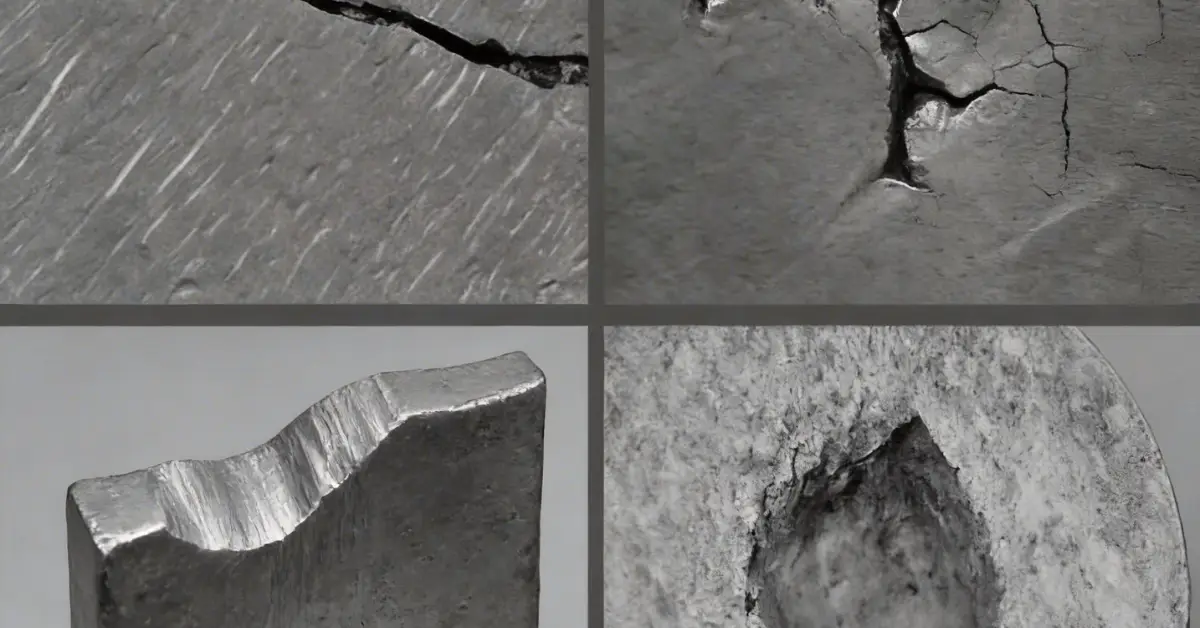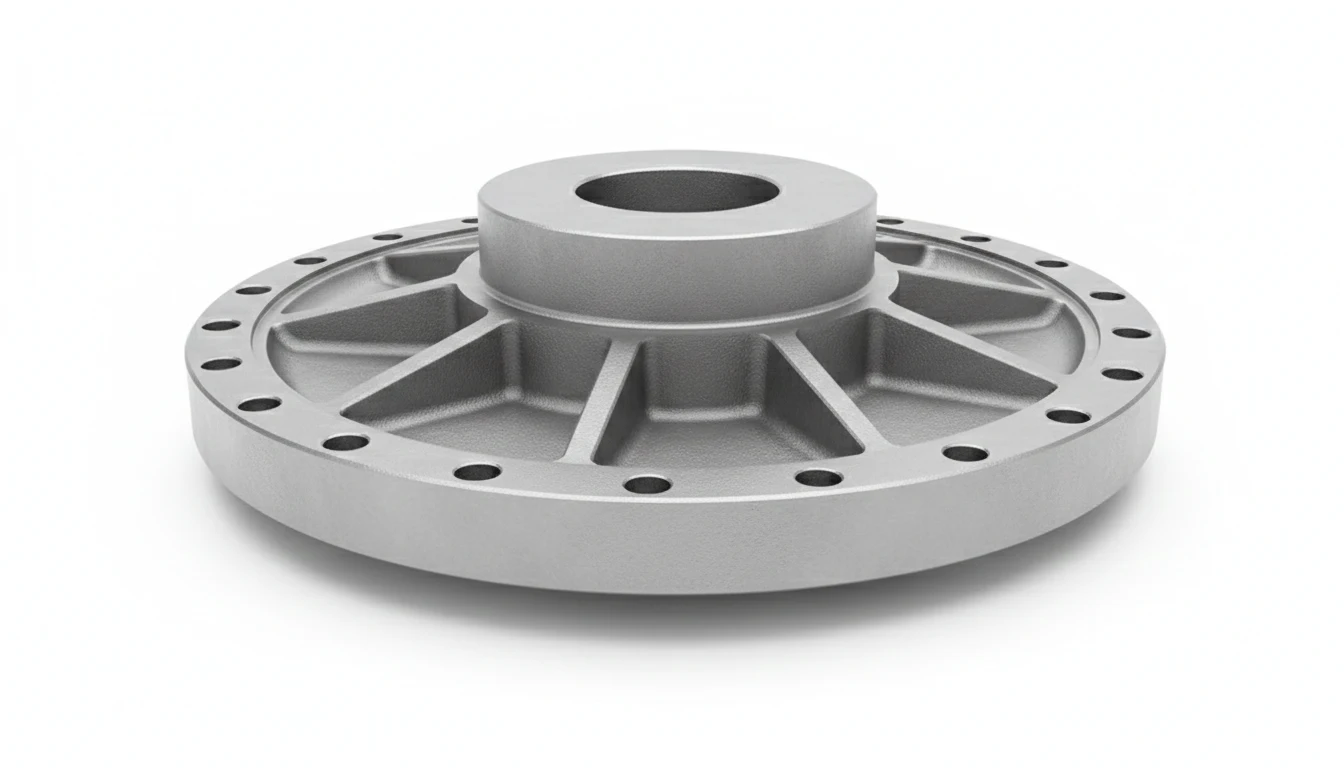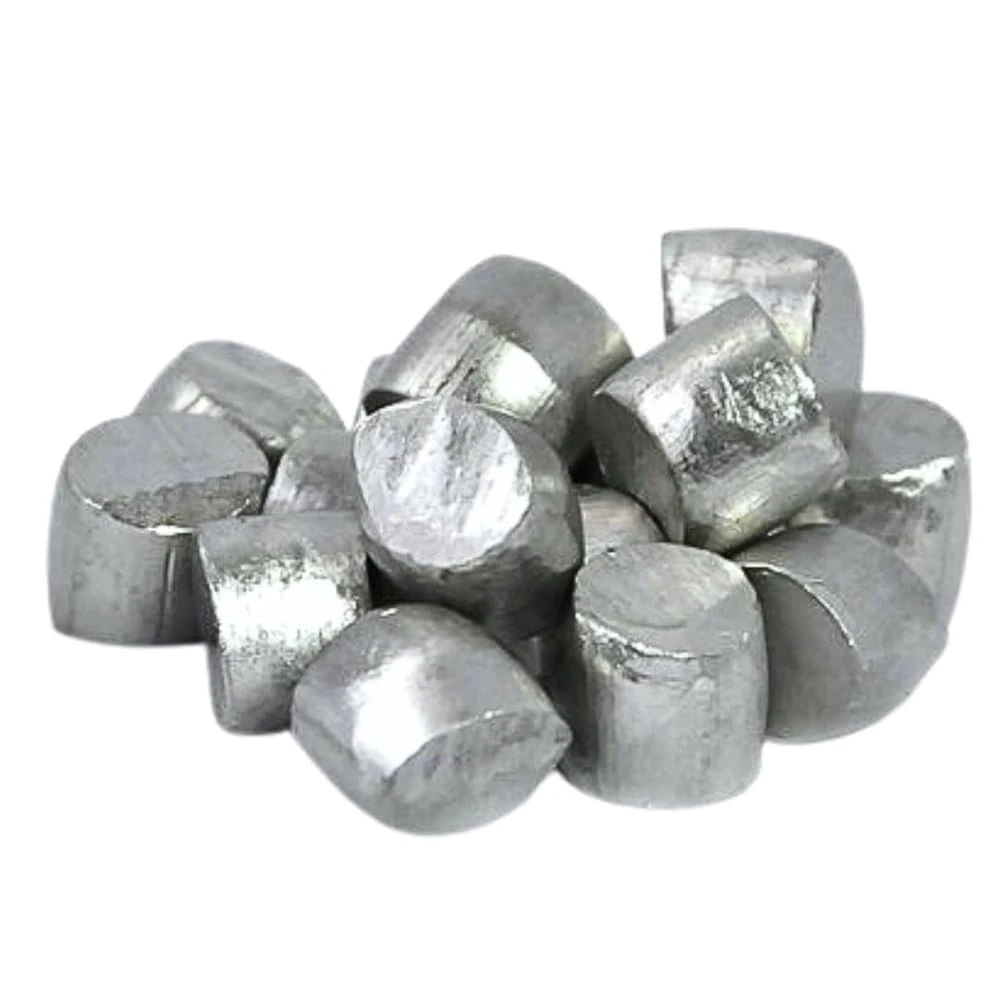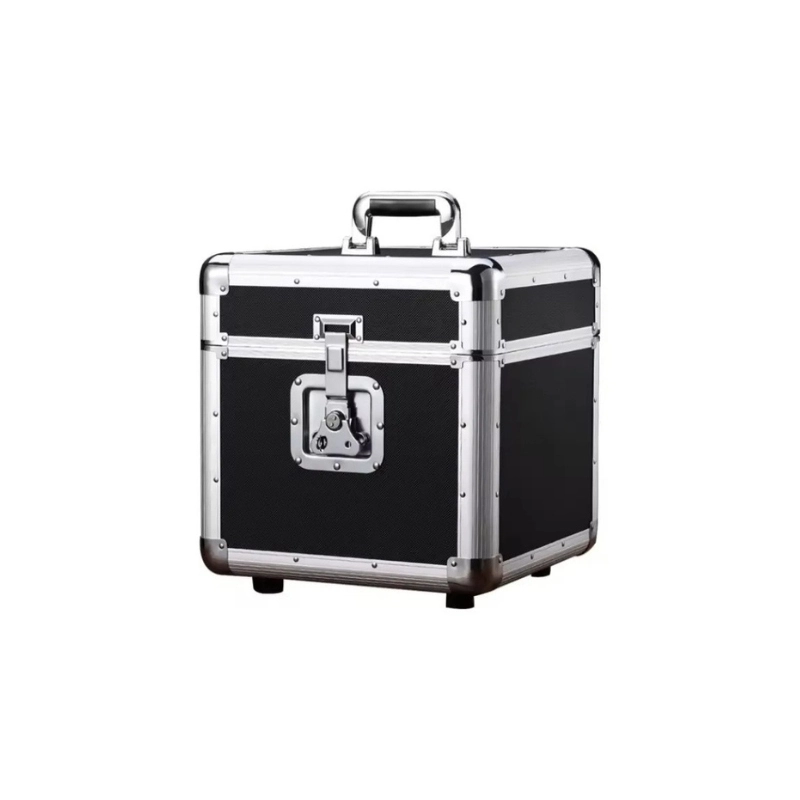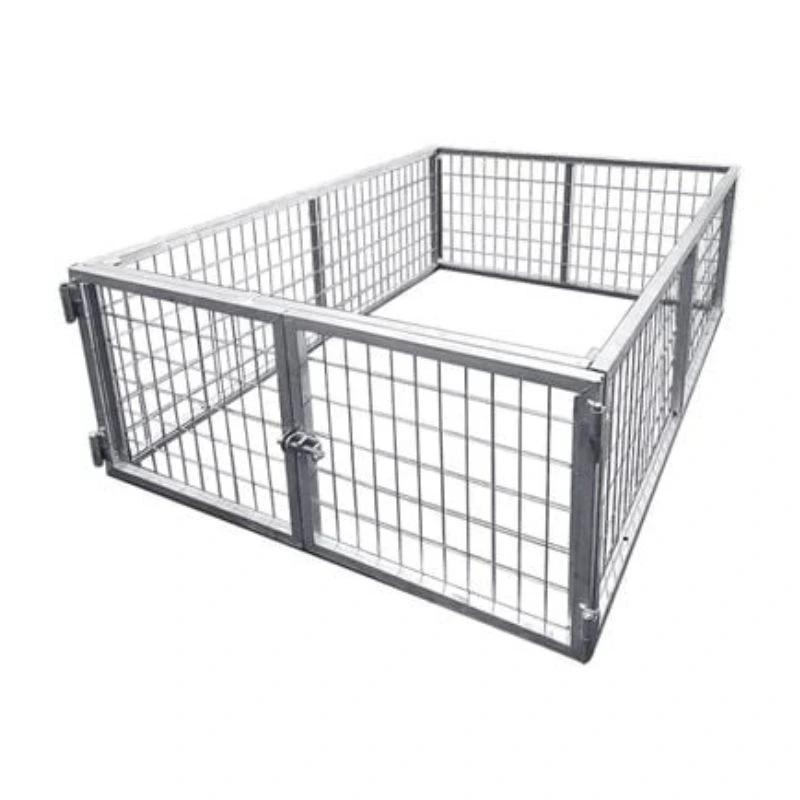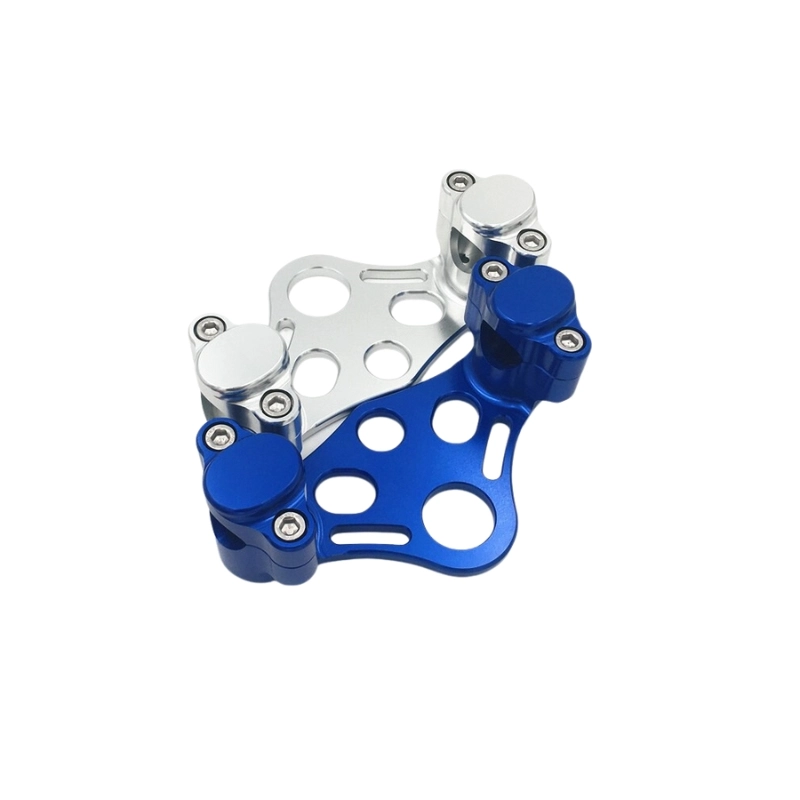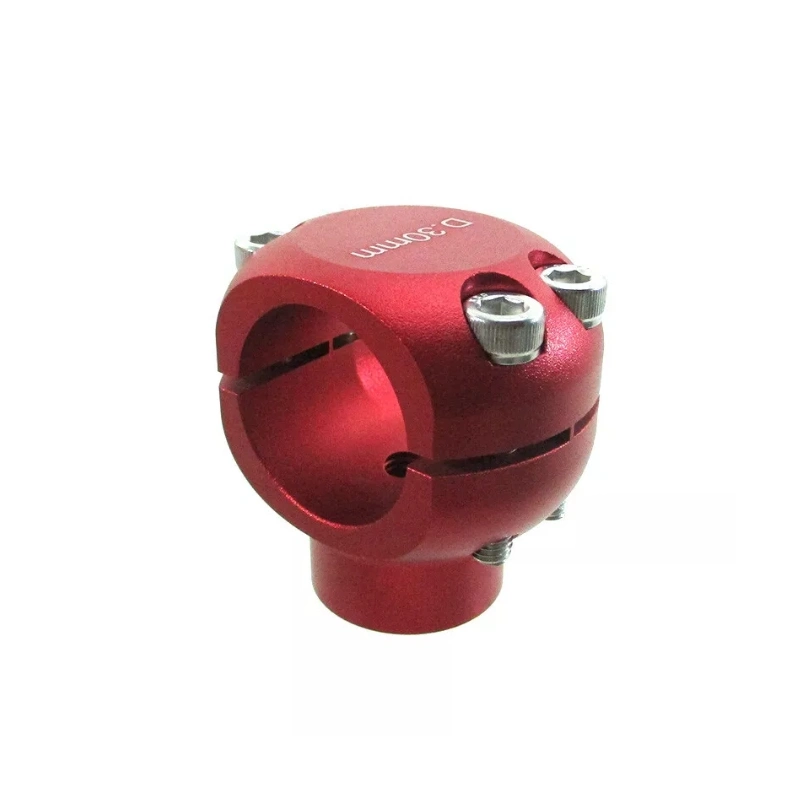Monel 400 is one of the fewer common nickel alloy grades used for its strength and ductility. If you find this grade uncommon or if it sounds alien to you, don’t worry, because, you’re not alone!
In this blog, we’ll discuss all the things needed for you to know and understand with Monel 400. By the end of this article, you’ll have the complete idea of what it is, what it’s for, when you must use it, and more!
What is Monel 400?
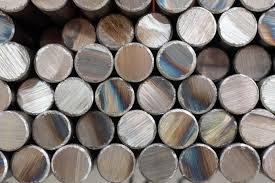
Source: Columbia Metals
Monel 400 is a nickel-copper alloy known for its excellent corrosion resistance and high strength. This material performs well in marine environments, resisting seawater and steam at elevated temperatures. Many business industries value Monel 400 because it is durable and reliable in challenging conditions.
Carrying the nickname “superalloy monel,” they are mostly available in a wide array of shapes and sizes. You can buy them in shapes like pipe, strip, sheet, plate, even hexagon.
Is Monel 400 Better Than Stainless Steel?
Here’s a video from AEETHER discussing Monel 400!
The common misconception people have with Monel 400 and stainless steel is that they are comparable with one another. But, what is the truth behind it? Is it true that Monel is better? Or does stainless steel take the crown for it?
Monel 400 and stainless steel are both valued for their corrosion resistance and strength, but they serve different purposes based on their unique properties.
Understanding Monel 400
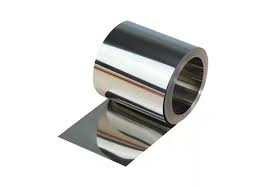
Source: TuoLian Metal
The nickel-copper alloy Monel 400 is perfect for chemical and marine environments because of its remarkable resistance to seawater and many acids.
It is usually non-magnetic and retains its strength over a broad temperature range. However, compared to stainless steel, Monel 400 is more expensive and is more challenging to access.
Understanding Stainless Steel
Iron, chromium, and frequently nickel make up the majority of stainless steel, which offers good corrosion resistance, particularly in oxidizing environments.
Due to its strength, affordability, and ease of production, businesses in food processing, medical equipment, and construction consider them their go-to material. Although stainless steel works well in a variety of situations, Monel 400 may be more resilient to extremely corrosive environments.
To summarize, the better option actually depends on the situation. If you’re looking for full-on, high-quality performance, going with Monel 400 is the better option. However, if you want to go for cheap, affordable, and easy-to-find components, stainless steel will be the better option.
Monel 400 Characteristics and Properties
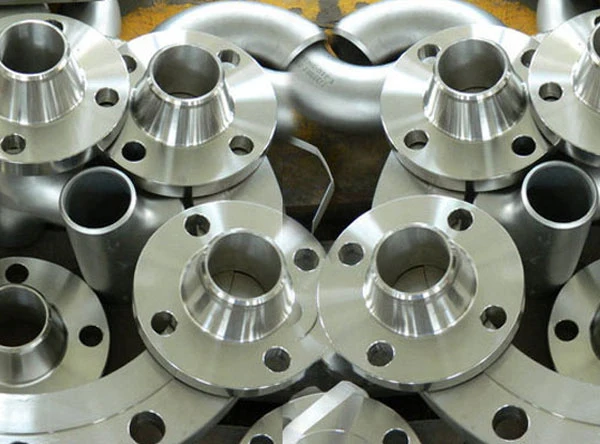
Source: Calico Metal Alloys LLP
Monel 400 is a nickel-copper alloy known for its excellent corrosion resistance and high strength. Its unique properties make it suitable for various demanding applications.
Monel 400 Chemical Composition
Monel 400 primarily consists of nickel and copper material, with small amounts of iron, manganese, carbon, and silicon.
The combination and composition of these elements help enhance resistance characteristics, particularly resistance to corrosive environments. Here’s Monel 400’s exact chemical composition, as studied by AZO Materials:
| Element | Content (%) |
| Nickel, Ni | Remainder |
| Copper, Cu | 28-34 |
| Iron, Fe | 2.5 max |
| Manganese, Mn | 2 max |
| Silicon, Si | 0.5 max |
| Carbon, C | 0.3 max |
| Sulphur, S | 0.024 |
Tensile and Yield Strength
In the annealed condition, Monel 400 exhibits a tensile strength ranging from 75 to 90 ksi (517 to 620 MPa) and a yield strength between 25 to 50 ksi (172 to 345 MPa). These properties provide the alloy with good mechanical strength.
Monel 400 Temperature Resistance
The superalloy is also known for its temperature resistance. They’re able to maintain its mechanical properties across a wide temperature range. It remains effective in temperatures up to 1000°F (538°C) and retains toughness even at subzero temperatures, making it suitable for cryogenic applications.
Strength and Hardness
The alloy’s hardness varies with its condition. In the annealed state, it typically has a Rockwell B hardness between 60 and 80.
However, many businesses consider increasing the hardness. But, how do you do that? You can do it by cold working. Cold working can help increase the hardness, enhancing its wear resistance for specific applications.
Monel 400 Chemical Resistance
And last but not least is the superalloy’s chemical resistance. Overall, Monel 400’s chemical resistance is exceptional. Seawater, hydrofluoric acid, sulfuric acid, and alkalies are just a few of the corrosive environments to which it can completely resist.
Thanks to this, many consider Monel 400 to be a material of choice in the chemical processing and marine industries.
These are the most crucial and most critical characteristics and properties of the famous Monel 400. Most of you might think that it’s not that special, but an alloy that exhibits these traits are either hard to find, expensive, and often difficult to source.
Why HDC is the Best Source of Monel 400
When it comes to the function and utility of Monel 400, no other manufacturer beats HDC. For more than a decade, our focus has been on one thing–to provide exceptional-quality products and components to our clients.
Since then, our production and manufacturing have all been the same. From the simplest of carbon steels, basic alloys, stainless steels, to Incoloys and titanium alloys, we got you!
Part of our business is investment casting using high-temperature alloys and stainless steel. So if you need a competent, high-caliber business to satisfy your investment casting needs, don’t hesitate to contact us!
Get a free estimate of whatever product or service you need!
Discover more with our blog posts.
Recent Posts
Discover more about our products
HDC Products
Instant Quote!

